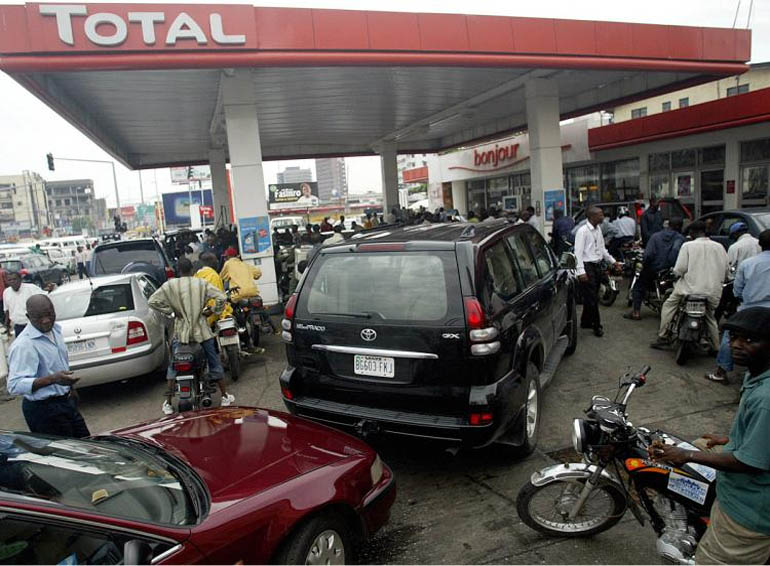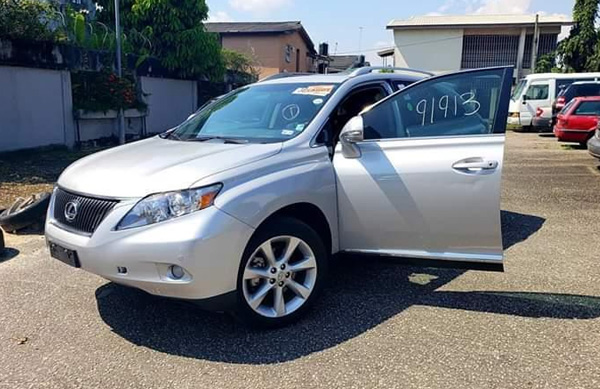Nigeria being an oil-producing nation however still relies on imported petroleum products such as fuel and diesel for the servicing of the economy. Such petroleum products are products utilized by almost everybody on a daily basis at an average of 60 million litres daily usage.
Table of Contents
Petroleum products are among the most valuable natural resources abundantly available in our country. Nigerians and people everywhere use petroleum products as fuel in their automobiles, generating sets, industrial plants and for cooking purposes, thus making petroleum products an essential commodity that is needed for the daily operations of individual, industrial and national activities.
Due to the increasing level of standard of living, more Nigerians are increasing the number of cars on the road, the need for constant power supply to aid uninterrupted production of goods and services and also for domestic use more Nigerians are increasing the demand for fuel in order to enjoy the usage of their generating sets and industrial plants. In this article, we’ll talk about Fuel, Examples of Fuel, Types of Fuel and their availability and discuss more on the availability and comparison of fuel and diesel. Be patient enough to read through all, because it will really be educative.
What is Fuel?
Fuel: Fuel is any substance that can provide heat and produce energy when it is burned. This energy that is released is generally in the form of chemical energy or heat energy.
Uses of Heat Energy Produced from Fuel
This heat energy that fuels release is used for various purposes such as cooking, in heaters, and for many industrial and manufacturing purposes. At other times we use an engine to convert this heat energy into mechanical energy. Like when we use petrol to run our cars. The oil which is used to as fuel in the engine is known as Fuel oil.
Examples of Fuel
- Solid Fuel
- Liquid Fuel
- Fuel Gas
- Biofuel
- Fossil fuel
Types of Fuel
- Ethanol
- Gasoline
- Diesel
- Natural Gas
- Liquefied Petroleum
- Bio-diesel
Relax…. I know it will not be reasonable to list out the types of Fuel and not give a brief explanation about each of them. Let’s talk about the types of fuel one by one:
Ethanol: Ethanol is a bio-fuel alternative to gasoline that’s made from the conversion of sugar cane, corn, barley and other natural products. Ethanol has become popular as a fuel source because in most cases it’s one of the only fuels that can fuel a gasoline engine without modifications. Many car models can run on 100 per cent ethanol, but it is more commonly used as an additive.
Gasoline: Gasoline or petrol is the most common fuel used in cars today. This specialized fossil fuel is designed for four-stroke engines like the ones found in common cars. Gasoline allows for quick starting, fast acceleration, easy combustion and quiet operation. Although it is the most readily available fuel, it is considered to be a temporary source of fuel because of its cost, environmental effects and limited resources.
Diesel: Diesel fuel is widely used in transport vehicles such as tractor-trailer trucks, buses, boats and trains. This fossil fuel is also non-renewable, like gasoline. Although it contributes less carbon dioxide to the environment, diesel creates more organic compounds and nitrous oxide that cause smog. Diesel vehicles tend to last longer than gasoline vehicles, and they have 30 percent better fuel efficiency than the average gasoline vehicle, according to the Petrol Prices website.
Natural Gas: Gas and diesel engines can be converted to run on natural gas. Natural Gas is a clear, odourless and non-corrosive gas that can be used in liquid or gas form to run a combustion engine. Vehicles fitted with a natural gas fuel system can be expected to produce 80 per cent less ozone-forming emissions than gasoline-burning cars, according to the Consumer Energy Center website.
Liquefied Petroleum: Liquefied petroleum, better known as propane, is a clean fuel alternative to gasoline that is used in common vehicles on a limited basis. Liquefied petroleum produces fewer toxins when burned and does not contribute to smog in the same way that diesel and gasoline do. Propane is also less expensive than gasoline.
Bio-diesel: Bio-diesel is a diesel substitute made from sugar beet, rapeseed or palm oil. Individuals sometimes make this substance by collecting used oil from restaurant fryers. Bio-diesel burns much cleaner than standard gas or diesel and produces far less carbon dioxide emissions when used. However, continued production of this substance may result in excessive deforestation.
Availability of Fuel and Diesel
Facing reality, urban areas in Nigeria commonly have stable access to the availability of fuel and diesel which can be unstable and can vary based on different factors such as supply chain, governmental challenges ( which include: supply disturbance, pricing and black market), location, and current market fluctuations, while the rural areas in Nigeria experience scarcity.
Fuel and Diesel Comparison
Diesel and Gasoline are both petroleum products. Despite the same origin, they have significant differences in their use. Diesel is the fuel for big machinery that demands more torque over horsepower. In comparison, gasoline is a lighter fuel that Is used for vehicles needing speed over brute strength.
Diesel and gasoline are both refined from crude oil. However, gasoline is more refined than Diesel. This makes gasoline thinner in density and more volatile. So, in practical use, gasoline burns faster, which allows it to produce more power or horsepower.
Whereas Diesel fuel is thicker in density, it evaporates more slowly. It has a higher energy density, which means that 20% more energy is produced from Diesel than the same amount of gasoline.
Comparatively, a vehicle with a Diesel will cost more at purchase time than the exact vehicle with a gasoline engine. Further, maintenance and repair costs for a Diesel engine go above that of a gasoline engine.
Have 1 million naira and above to Buy or Sell Cars In Nigeria? Check carlots.ng
All rights reserved. Reproduction, publication, broadcasting, rewriting, or redistribution of this material and other digital content on carmart.ng is strictly prohibited without prior express written permission from Carmart Nigeria - Contact: [email protected]







